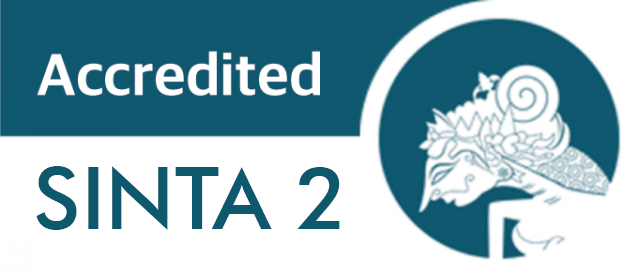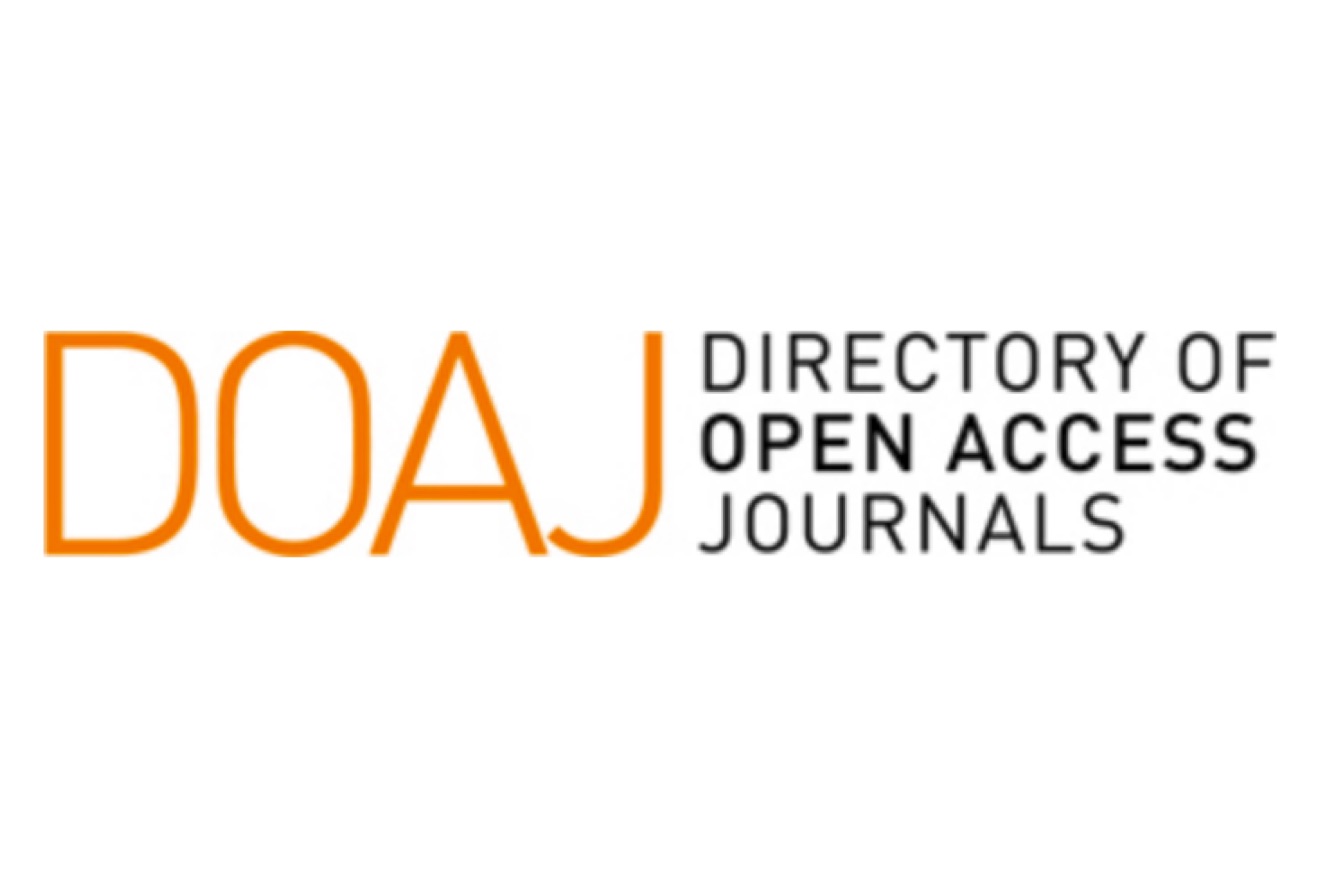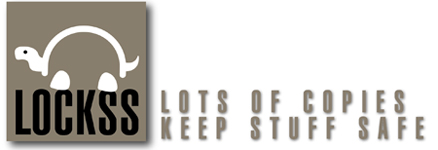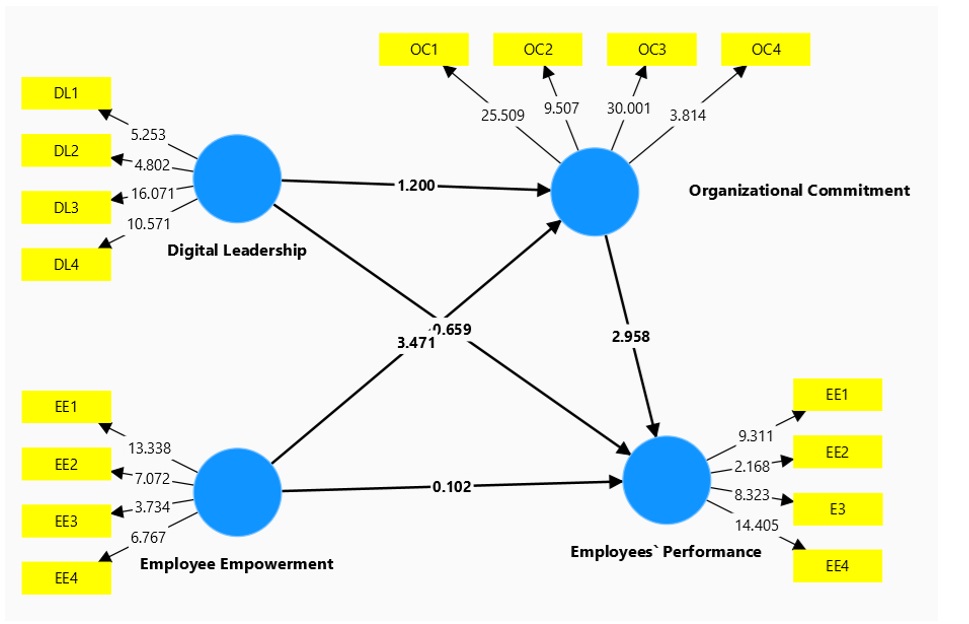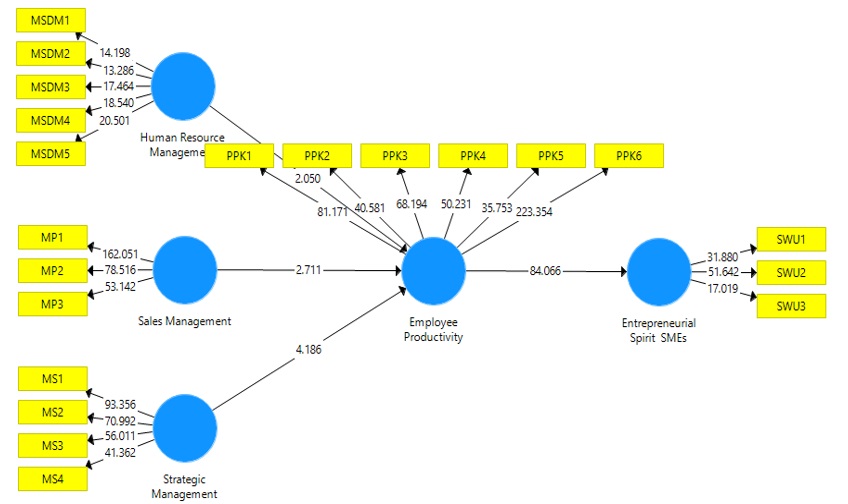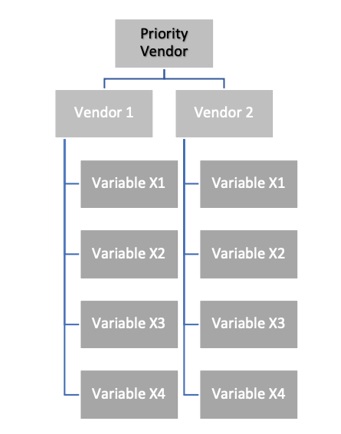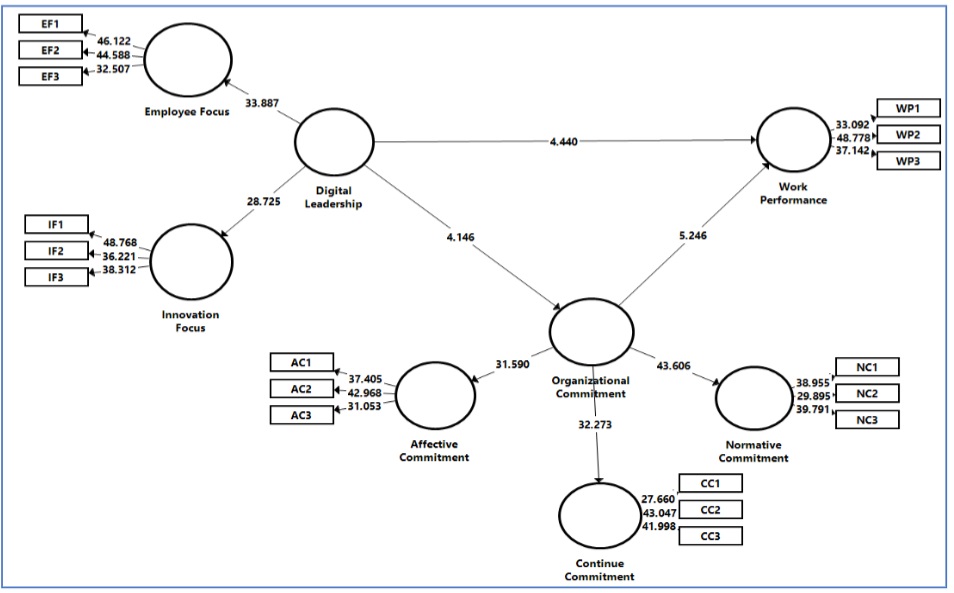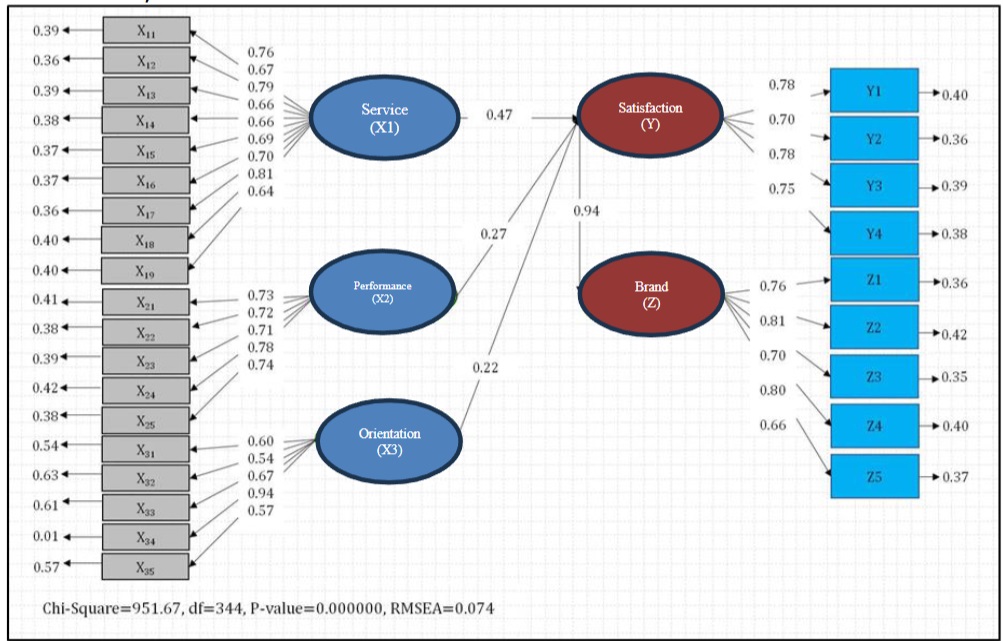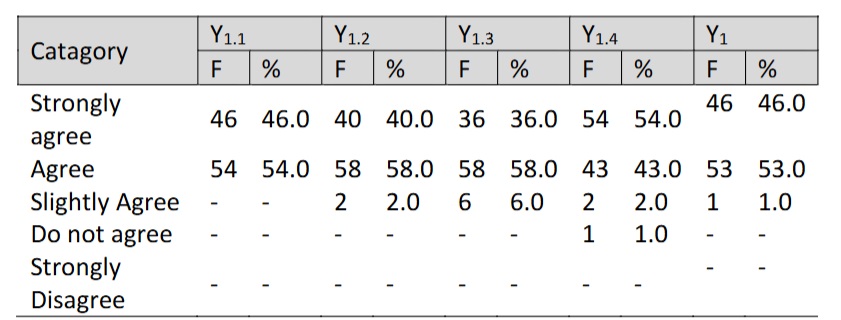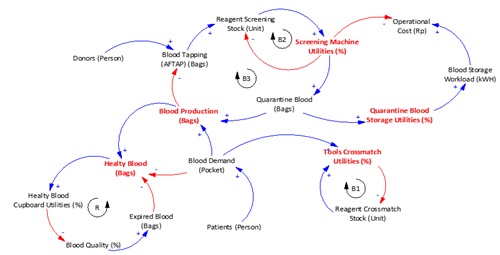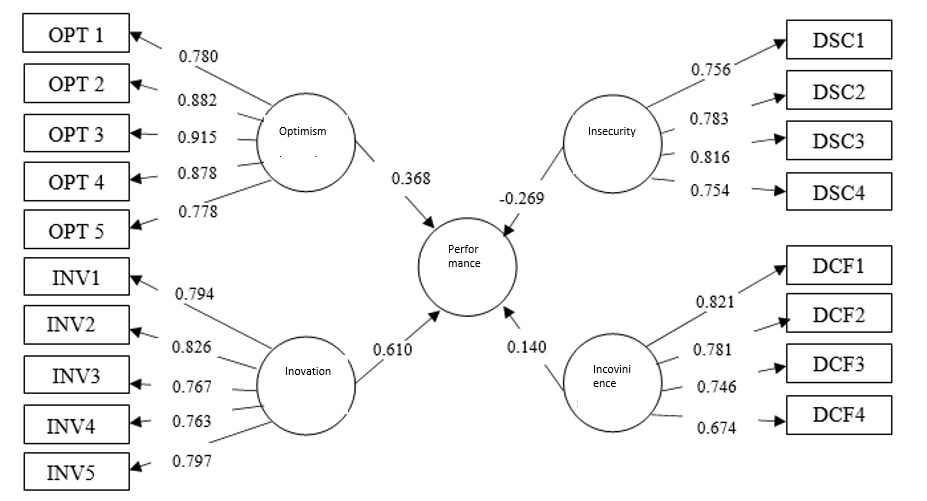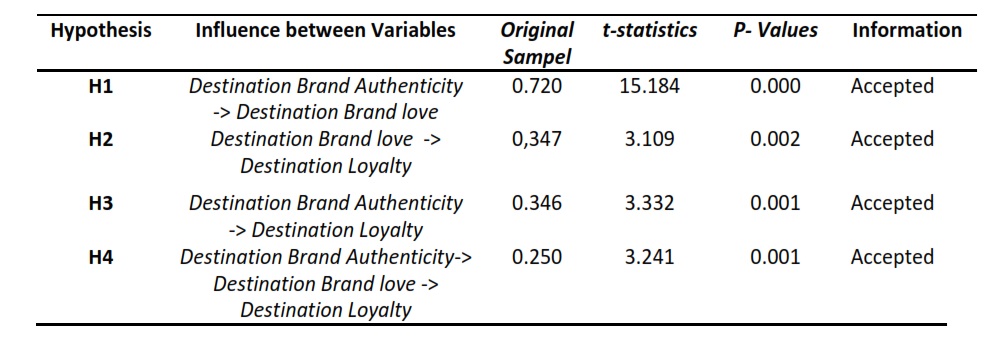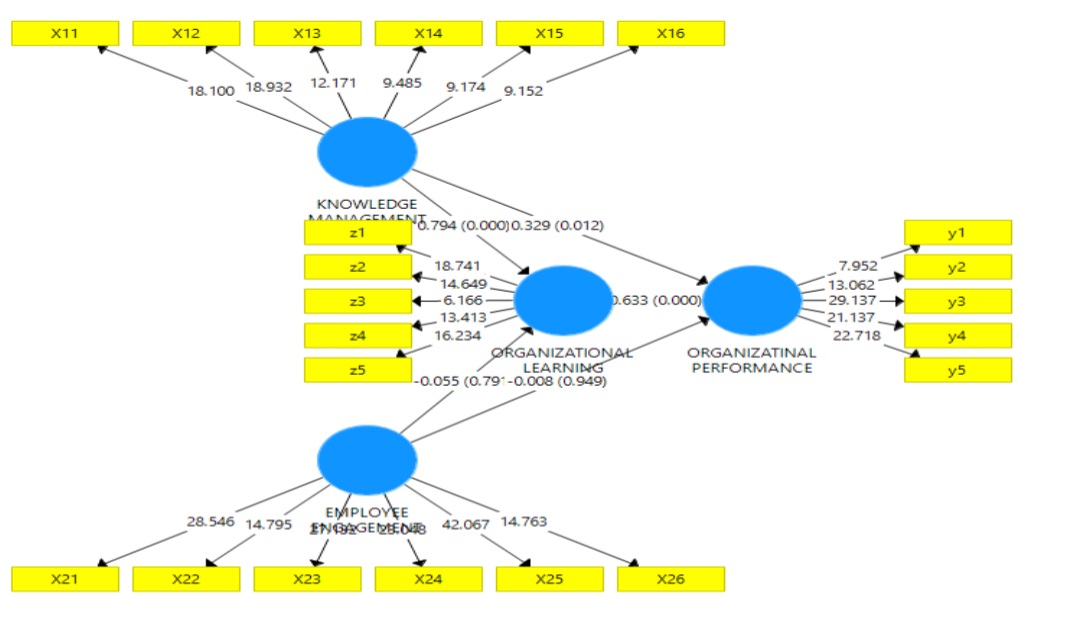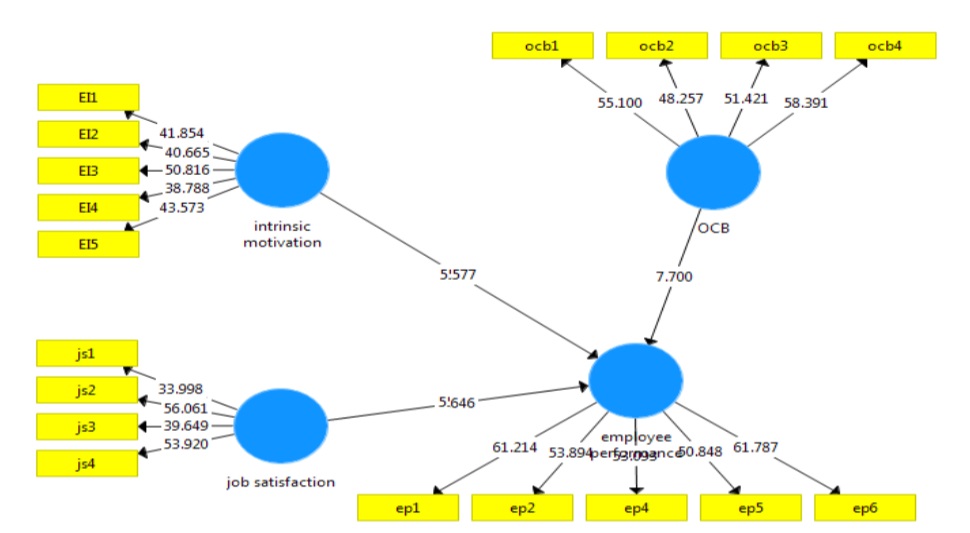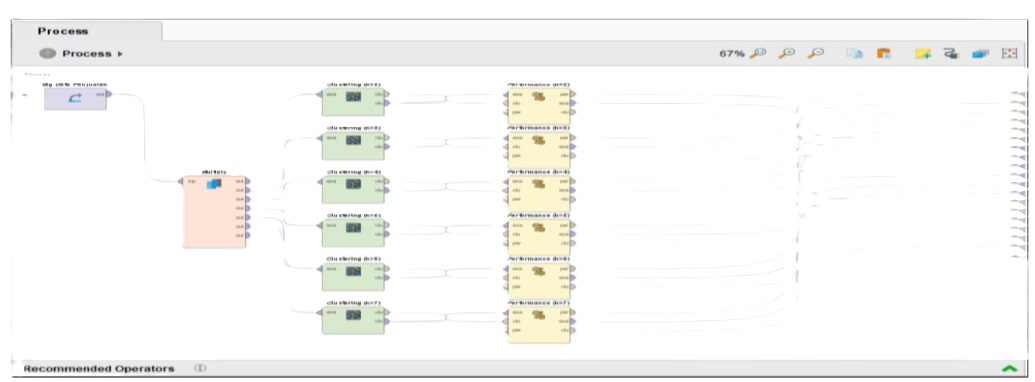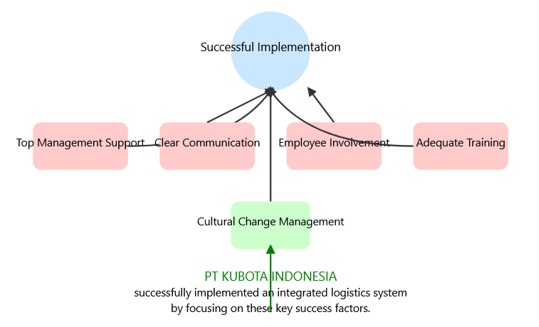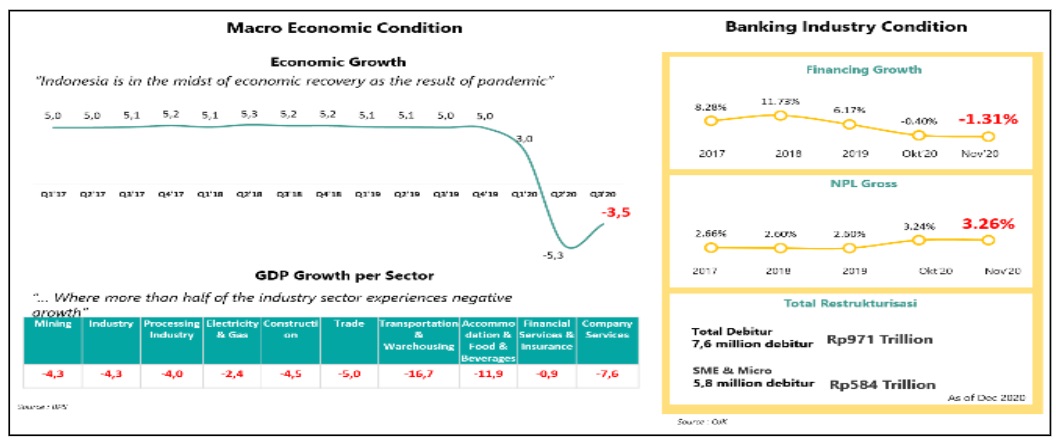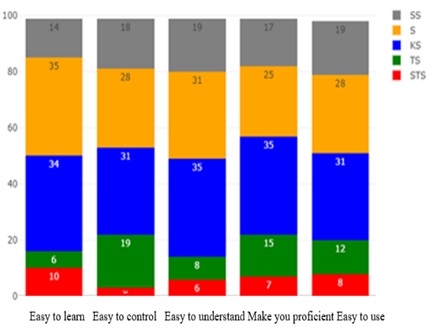STUDI PERBANDINGAN KEBIJAKAN INDUSTRI 4.0 INDONESIA DENGAN TIGA NEGARA LEADING GROUP FUTURE OF PRODUCTION
Downloads
Abstract
The World Economic Forum has compiled a profile of future of production readiness among 100 countries in the world where Indonesia is in the nascent group and requires benchmarking to the leading groups through SWOT Analysis. This study aims to compare Indonesia's industry 4,0 policy with leading countries through a comparative study. The data is obtained from industry 4.0 policy from Indonesia and three leading countries. The results of the study indicate that the Making Indonesia 4.0 policy is on the right track to pursue manufacturing competence and answer future challenges that will be faced by Indonesia and the current baseline, has weaknesses in priority sectors that do not support increased complexity. Opportunities that can be taken are trade infrastructure with other countries, investment opportunities for countries that lack human resources, and cooperation in sustainability standards. The challenge lies in the common priority sectors of the industry and the absence of AI research priorities for health and biotechnology while Indonesia has a large domestic market.
Abstrak
World Economic Forum menyusun profil kesiapan industri masa depan pada 100 negara di dunia dimana Indonesia tergolong kelompok Nascent dan membutuhkan pembandingan dengan negara-negara kelompok Leading melalui analisa SWOT, Studi ini bertujuan untuk membandingkan kebijakan industri 4.0 Indonesia dengan negara-negara kelompok Leading melalui studi komparatif. Data diperoleh dari kebijakan industri 4.0 dari Indonesia dan tiga negara kelompok leading. Hasil dari studi mengindikasikan bahwa kebijakan Making Indonesia 4.0 telah pada jalur yang tepat untuk mengejar kompetensi manufaktur dan menjawab tantangan masa depan yang akan dihadapi Indonesia dan baseline saat ini, mempunyai kelemahan pada sektor prioritas yang tidak mendukung peningkatan kompleksitas. Peluang yang bisa diambil adalah infrastruktur perdagangan dengan negara lain, peluang investasi untuk negara yang kurang dalam sumber daya manusia, dan kerjasama standar sustainability. Tantangan ada pada kesamaan sektor prioritas industri dan belum adanya prioritas riset AI untuk kesehatan dan bioteknologi sementara Indonesia mempunyai pasar domestik yang besar.
Downloads
Y. Liao, F. Deschamps, E. de F. R. Loures, and L. F. P. Ramos, "Past, present and future of Industry 4.0 - a systematic literature review and research agenda proposal,” International Journal of Production Research. 2017, doi: 10.1080/00207543.2017.1308576.
W. Bauer, M. Hämmerle, S. Schlund, and C. Vocke, "Transforming to a Hyper-connected Society and Economy – Towards an ‘Industry 4.0,'” Procedia Manuf., 2015, doi: 10.1016/j.promfg.2015.07.200.
R. Morrar and H. Arman, "The Fourth Industrial Revolution (Industry 4.0): A Social Innovation Perspective,” Technol. Innov. Manag. Rev., 2017, doi: 10.22215/timreview/1117.
E. Hofmann and M. Rüsch, "Industry 4.0 and the current status as well as future prospects on logistics,” Comput. Ind., 2017, doi: 10.1016/j.compind.2017.04.002.
World Economic Forum and A. T. Kearney, Insight Report: Readiness for the Future of Production Report 2018. 2018.
V. E. Satya, "Strategi Indonesia Menghadapi Industri 4.0,” INFO Singk. - Bid. Ekon. dan Kebijak. Publik, 2018.
Kementerian Perindustrian RI, "Rencana Induk Pembangunan Industri Nasional 2015 - 2035,” Rencana Induk Pembang. Ind. Nas. 2015-2035, 2015.
A. Ciffolilli and A. Muscio, "Industry 4.0: national and regional comparative advantages in key enabling technologies,” Eur. Plan. Stud., 2018, doi: 10.1080/09654313.2018.1529145.
C. B. Frey and M. A. Osborne, "The future of employment: How susceptible are jobs to computerisation?,” Technol. Forecast. Soc. Change, 2017, doi: 10.1016/j.techfore.2016.08.019.
M. F. Mubarak and M. Petraite, "Industry 4.0 technologies, digital trust and technological orientation: What matters in open innovation?,” Technol. Forecast. Soc. Change, 2020, doi: 10.1016/j.techfore.2020.120332.
K. Schwab, "The Fourth Industrial Revolution: what it means and how to respond,” World Econ. Forum, 2016.
H. Leurent, F. Betti, and J. Narayan, "Fourth Industrial Revolution Beacons of Technology and Innovation in Manufacturing,” World Econ. Forum, 2019.
K. Aiginger and J. Vogel, "Competitiveness: from a misleading concept to a strategy supporting Beyond GDP goals,” Compet. Rev., 2015, doi: 10.1108/CR-06-2015-0052.
Statistics Times, "World GDP Ranking 2019 - StatisticsTimes.com,” 2019.
BPS, "Statistik Perdagangan Luar Negeri Indonesia,” BPS. 2019.
A. Hidayatno, A. R. Destyanto, and C. A. Hulu, "Industry 4.0 technology implementation impact to industrial sustainable energy in Indonesia: A model conceptualization,” 2019, doi: 10.1016/j.egypro.2018.11.133.
Kementerian Perindustrian, "Indonesia's Fourth Industrial Revolution - Making Indonesia 4.0,” Kementeri. Perindustrian, 2018.
Ministry of International Trade and Industry, Industry 4WRD National Policy on Industry 4.0. 2018.
U. Government, "Industrial Strategy: Building a Britain fit for the future,” 2017.
T. and I. METI - Ministry of Economy, "Vision of New Industrial Structure -Japan's strategies for taking the lead in the Fourth Industrial Revolution - Interim Report by New Industrial Structure Committee,” METI, Japan, 2016.
JMIL Jurnal Manajemen Industri dan Logistik (Journal of Industrial and Logistics Management) is an Open Access Journal. The authors who publish the manuscript in JMIL Jurnal Manajemen Industri dan Logistik agree to the following terms:

JMIL Jurnal Manajemen Industri dan Logistik is licensed under a Creative Commons Attribution 4.0 International License. This permits anyone to copy, redistribute, remix, transmit and adapt the work provided the original work and source is appropriately cited.
This means:
(1) Under the CC-BY license, authors retain ownership of the copyright for their article, but authors grant others permission to use the content of publications in JMIL Jurnal Manajemen Industri dan Logistik in whole or in part provided that the original work is properly cited. Users (redistributors) of JMIL Jurnal Manajemen Industri dan Logistik are required to cite the original source, including the author's names, JMIL Jurnal Manajemen Industri dan Logistik as the initial source of publication, year of publication, volume number, issue, and Digital Object Identifier (DOI); (2) Authors grant JMIL Jurnal Manajemen Industri dan Logistik the right of first publication. Although authors remain the copyright owner.













